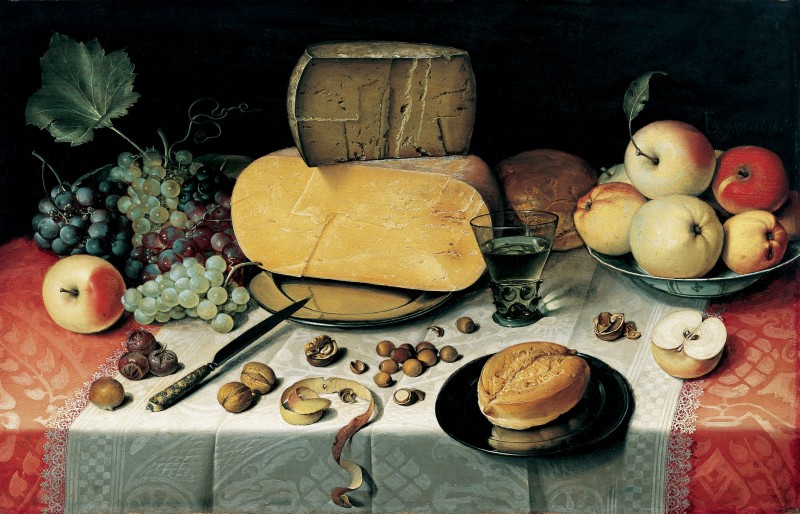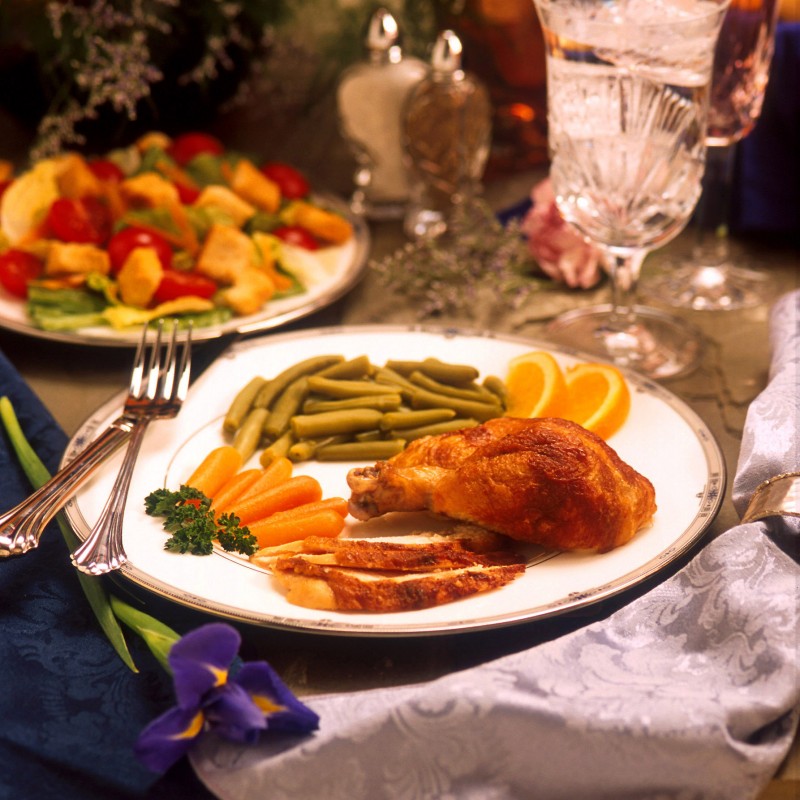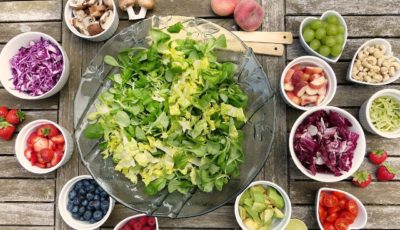Master the Art of Meal Planning
In the busy world of today, people find themselves unable to do quality meal planning. However, seeing as how this problem has been present for quite some time, people have found ways to work around this issue and come up with quality diets to tackle the growing issues of unhealthy food consumption. Face it – how many times have you caught yourself in a situation where the business of your daily life has forced you to reach for the tasty, yet quite harmful fast food joints. This is why we’ve come up with a couple of useful tips, with regards to the art of meal planning.
What to Eat?
Well, if you’re aiming for a healthy lifestyle, you need to make yourself aware as to what types of food you should eat. Not going into details, you are aiming at raw foods, such as fruit, vegetables and lean meats, with a minimal amount of quality carbs, such as rice, or whole-grain bread.
Do Dedicated Grocery Shopping
By this, we, in no way, mean going to the store and grabbing everything as quickly as you can. No, instead, dedicate one of your weekend (or time-off) days to grocery shopping. Make a list, plan it all out – ask yourself: what will you need for the upcoming week?

Of course, shopping days do have a tendency to make you go wild, buying things that you won’t and probably don’t need. This issue can severely impact your budget, but your planning, as well. This is why you need to stick to the list you’ve made carefully, without a risk of spending wads of cash on things you won’t really use.
Pro tip: look at your food storage. How many times have you eaten that exotic potato salad? If you don’t eat it – you don’t really need it!
Pick Your Days Carefully
There is a thing that the fitness community holds in quite high regard, called Meal-Prep Sunday. Make your weekly plans, instead of making do every single day. Make a list of all the meals, each day of the week, before going to the grocery store. It is crucial, however, that you stick to the plan you’ve come up with, seeing as how skipping meals can lead to stockpiling ridiculous amounts of funky-smelling food. Another important factor to include here is to plan based on your exercise routines; every dedicated athlete knows what to expect from their workout sessions, at least over the course of the upcoming week. With this in mind, prepare accordingly. We suggest that your chosen grocery day overlap with your weekly meal planning day, seeing as how, even though shopping for groceries does take up time, it leaves you with at least half a day’s worth for the latter. Additionally, you can always consult a gym training program, an abundance of which can be found online, and which focus on the dietary part of a workout, as well as training management.

Make Sure You Respect the Numbers
The previous two sections of meal planning come with numbers in mind. Every athlete, from an everyday sprinter, to a gym rat should know their numbers, which are divided into 4 categories:
- Protein
- Carbs
- Fat
- Calories
This is quite essential for your meal planning, seeing as how, if you cross over the boundary of your allowed food intake, you’re risking stockpiling your fridge, which, as we have already mentioned, can lead to food starting to smell funky, as it spoils. It is very important to plan in detail – on your power training, you might need, for example, 350 grams of carbs, while on the next day, this number might be as low as 200. This is why it is crucial that you carefully add up the numbers, making sure that you’ve done everything in your power to dwindle minimal potential discrepancies.

Meal planning does, in truth, require dedication and focus, but not without a huge amount of benefits to reap here. Make sure you plan your meals carefully, follow a proper workout program and enjoy your brand new healthy life.

Samantha has a B.Sc. in nutrition, and has spent two years working as a personal trainer. Since then, she has embarked on a mission to conquer the blogospere. When not in the gym or on the track, you can find her on Twitter or in a tea shop.










